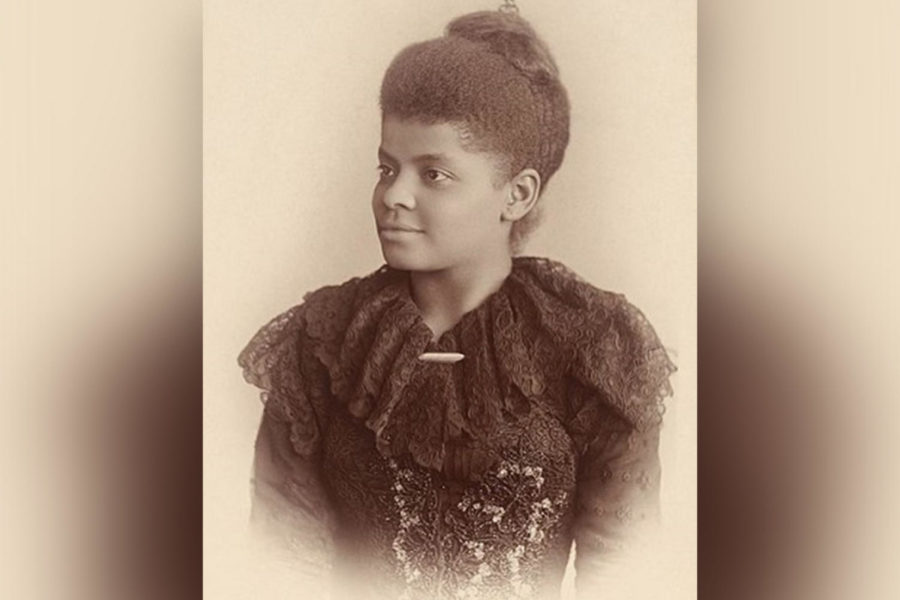Inspiring women to know in Women’s History Month
March 20, 2023
March is Women’s History Month, which allows us to reflect on all of the women who have had a great impact on the world. Though this list can vary from person to person, the Kernel opinions staff will be offering its selection of inspirational women throughout March.
As a person who has been involved in the arts my whole life, I have always appreciated the female figures who have inspired me and my passion. One such woman is Viola Davis.
Davis was born into a poor family in 1965 and got involved in theater while she was in high school. She was recognized for her acting talents and eventually attended the Juilliard School for four years.
Since then, Davis has created an extremely successful career for herself, initially acting in off-Broadway shows then moving to television and film, from which she has gained notoriety for her roles in “How to Get Away with Murder,” “The Help,” “Fences” and several other performances.
Her work has earned her EGOT (Emmy, Grammy, Oscar and Tony) status, a title very few performers have been awarded, and she’s the only African-American to achieve the Triple Crown of Acting, reserved for those who have won an Academy Award, an Emmy Award and aTony Award in the acting categories. She continues to act and inspire viewers today.
Another woman I believe has changed the world from an environmental perspective is Rachel Carson.
Carson began her career as a marine biologist but eventually became a full-time nature writer by the 1950s. She initially wrote about ocean life but quickly became interested in conservation and environmental problems she believed were created by pesticides.
She published “Silent Spring” in 1962, which described the impact of dichlorodiphenyltrichloroethane (DDT) and other chemicals on both the environment and human health.
Though she was initially met with backlash, her book inspired the environmental movement of the 1960s and 1970s and eventually led to the establishment of the U.S. Environmental Protection Agency.
Carson died of cancer shortly after the publication of her book, she was awarded the Presidential Medal of Freedom from President Carter, and her legacy lives on today.
Another woman I believe should be more widely known is Ida B. Wells.
Wells was a founding member of the National Association for the Advancement of Colored People (NAACP) and carried out her fight for equality through investigative journalism.
Living in the South in the 1890s, Wells began documenting lynching in the U.S. and exposing it as a “barbaric” practice by white people to intimidate and oppress Black people who they viewed as economic and political competition through a series of pamphlets titled “Southern Horrors: Lynch Law in all its Phases, and The Red Record.”
Though she was outspoken for much of her career, she remained an ardent supporter of the civil rights and women’s suffrage movement for her entire life.
She died in 1931 from kidney disease but was posthumously honored with a Pulitzer Prize citation for her reporting on lynching.
While these women all worked in different fields at different times in history, they have all played a huge role in shaping the world we know today.
Without their contributions and courageous efforts, the worlds of entertainment, environment, civil rights and women’s suffrage might not be the same.




















































































































































